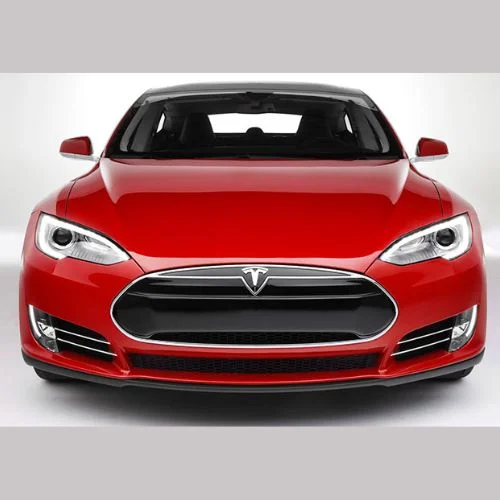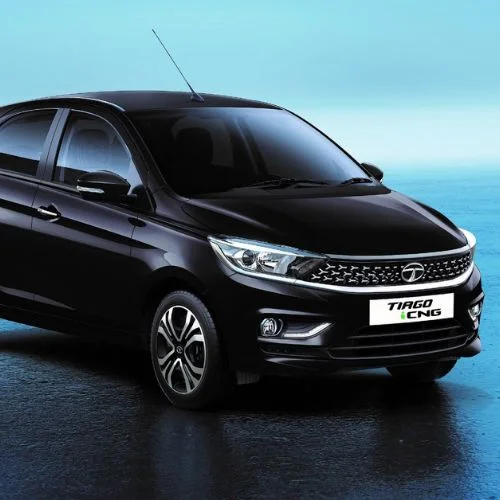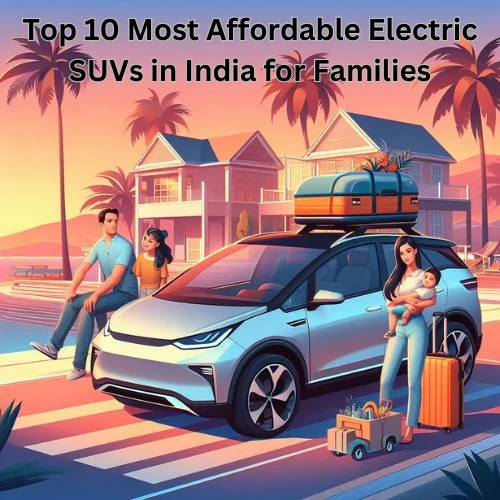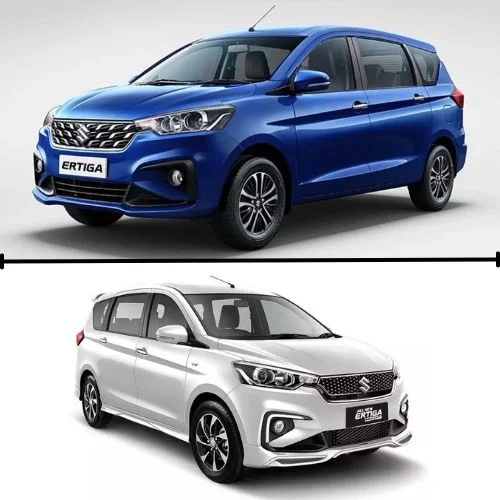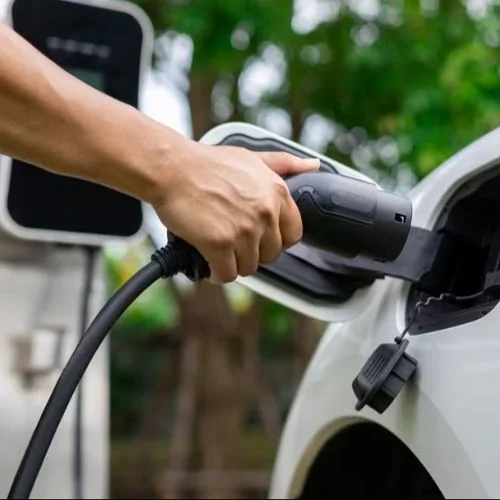In an effort to compete with Tesla (TSLA.O) and to benefit from Biden administration subsidies, seven major automakers announced on Wednesday that they were establishing a new company to provide electric vehicle charging in the United States.
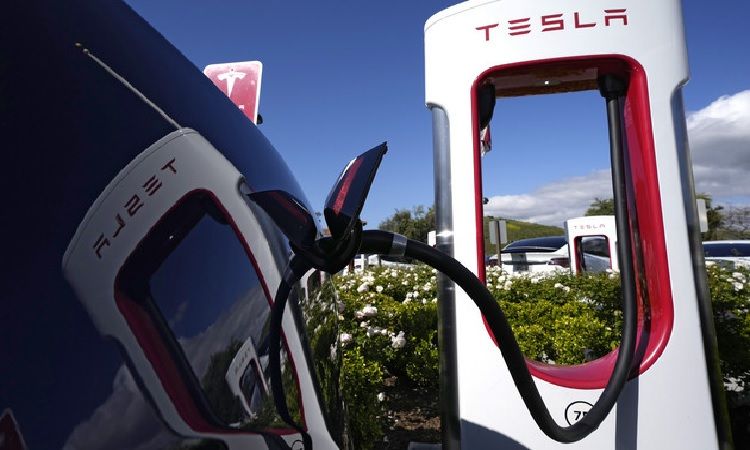
The group consists of General Motors (GM.N), Stellantis (STLAM.MI), Hyundai Motor (005380.KS) and its Kia subsidiary, Honda (7267.T), BMW (BMWG.DE), and Mercedes Benz (MBGn.DE) – brands that account for almost half of U.S. car sales but only a small portion of the Tesla-dominated EV market.
The odd alliance of rivals, which some lawyers claim could give rise to antitrust issues, stated that the new joint venture plans to put out 30,000 chargers across North America, beginning along major highways and in cities.
The car firms indicated they would be open to more investment or engagement from other businesses, including those outside the auto industry, although they did not specify how much they would contribute individually or together. The venture’s name was not disclosed.
Partner at consulting firm PwC Strategy& Akshay Singh remarked, “The investment through this cooperation will be significantly cheaper than creating individual charging networks. Additionally, “they get to collect data and manage the customer experience.”
Nationwide, there are about 30,000 fast-charging stations. Depending on its level of strength, each can range in price from around $100,000 to more than $200,000.
Establishing this business might cost several billion dollars, according to industry experts knowledgeable with charging prices.
The White House praised the agreement.
White House press secretary Karine Jean-Pierre stated, “We think this is an important step forward.” For installation and maintenance, it’s creating new union employment.
By 2030, the Biden administration hopes to install 500,000 chargers, an increase of nearly four times that amount.
With nearly 18,000 Superchargers, Tesla, which accounted for more than 60% of EV sales in the United States last year, has the greatest network of fast-charging stations.
In order to qualify for a share of the $7.5 billion in federal subsidies, Tesla announced earlier this year that it will offer a portion of that charging network to EVs from competitors.
Charging leader Tesla
Rivals have expressed concern over Tesla’s ability to establish norms due to its advantage in developing a network of chargers.
GM, Mercedes, and other companies have agreed to start using the charging technology that Tesla is developing in 2025.
Getting access to Tesla’s network, according to GM, may result in savings of $400 million. It stated on Wednesday that the new business “won’t change GM’s existing commitments or collaborations” and was part of its aim to cut costs.
The North American Charging Standard (NACS), developed by Tesla, is not a technology that the other manufacturers, Stellantis, Hyundai, Honda, and BMW, have committed to using. Instead, their product plans rely on a rival known as the Combined Charging System (CCS).
While competing with Tesla’s network, the new charging provider will handle both charging protocols.
A charging network designed like a petrol station with facilities, food service, and retail activities would promote a quicker EV implementation, according to the CEOs of the seven auto makers.
However, according to Andres Pinter, co-CEO of installation and maintenance firm Bullet EV Charging Solutions, automakers lack the appropriate electricians or expertise working with merchants.
“Catching up won’t be easy for the automakers,” he warned. However, they do have a ton of cash to throw at the issue and ought to outsource that task.
Additionally, the new company would go against well-known charging businesses like EVGo (EVGO.O) and Electrify America, both of which are owned by Volkswagen (VOWG_p.DE).
The Justice Department would probably review the agreement despite the White House’s approval, according to Andre Barlow, an antitrust lawyer with Doyle Barlow and Mazard.
A recurring worry with joint ventures is that a legitimate alliance could possibly result in illicit coordination, such as price manipulation or market division, he said.
Risks related to antitrust exist. In terms of this joint venture, seven automakers will come together, the speaker stated.









